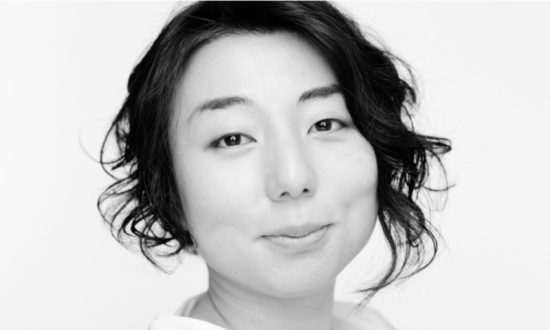Yoriko is a Director of the Global Research Network, with strategic responsibility for Culture, Diversity, and Inclusion at the Think Tank. She is an Associate of the School of Law, SOAS University of London, where she was formerly a Senior Lecturer. She is on the Board of Minding Animals International, the Editorial Board of a Bloomsbury Press book series, an Associate Editor for Heliyon Press, and a Governor at the Canterbury Academy Trust. She has a BA/LLB(Hons), and Ph.D. (Laws) with a background in international law and policy, specialising in feminist theory and human/animal studies. She has been a Visiting Fellow at the Oxford Centre for Global History, University of Oxford, and a Residential Fellow at the Institute for Global Law and Policy, Harvard Law School. She has published with leading presses including Oxford and Cambridge University Press and has extensive experience consulting for both grassroots and international organisations.
Inclusivity and diversity are, at their heart, questions of difference. Playing with the poststructuralist concept of difference, we might say that no single or homogenous group has meaning until there is someone else – someone different, against which to define the group. In other words, there is no group (perspective, culture) that is a priori meaningful; but rather, an awareness of radical difference that indicates the beginning of being. Nor is it that the end of the work of being. The challenge we – as a species, in our communities, and of our places, have always faced is to try and figure out how to be different and then how to be the same. And then, to figure out where our existence lies in that movement.
There is a tension, of course, because by walling in our enclaves of exclusivity and uniformity we can protect what is dearest to us: our families, our space, and our power. Sameness is what holds together a community. Exclusivity, uniformity, and consistency: these indicate safety and security.
Do we really want to jeopardize this by opening up our institutions, our work, to the unknown? Why should we disrupt our ways of thinking and doing things? Why should we include Other people who do not understand or know us? Why would we leave the comfort of our people and enter the disordered world of other languages, cultures, appearances, time zones, methods, styles, and standards?
The cynic might say that we don’t need to and that concept like inclusivity and diversity are merely governance techniques that neutralise the threat of the discontented while enabling business as usual to go on. And yet – business as usual in the pride colors with a non-white person on the cover is simply not enough. The world’s social, economic, and environmental crises have crossed the tipping point where the privileged (which, if you are reading this article, probably includes you) can no longer afford the luxury of platitudes.
The question of diversity and inclusivity in research, then, is not really whether we want it. Rather, it is about how we will foster an ethos of engagement in a way that is fair, kind, open, patient, (self) critical, creative, and innovative. It requires sitting with discomfort, inconvenience, confusion, miscommunication, and frustration.
For publishers, universities, and grant-makers, the ‘how’ will result in different answers. What is undoubtedly shared is that any genuine effort to engage with those outside the establishment/circle/field will be messy, expensive, inefficient, and risky. Not everyone – possibly no one – will be happy, least of all those in the organisation who have been accustomed to consensus and power. For researchers, the ‘how’ will involve going outside our comfort zones – our sectors, our fields, our countries, our languages – to search out similarly-minded people who want to work on the same big questions, to find solutions that will benefit those who need them the most.
The Global Research Network Think Tank was established in 2019 by a group of us to support academics wanting to do just this, by offering workshops on impact and policy, creating connections and meetings across time zones, facilitating collaborative projects, helping with access to resources and platforms. Moreover, the Think Tank actively ensures that the voices of those affected are represented in the creation of the work. It has not always been easy, and we have learned many lessons along the way.
And the results? The metrics of difference and the optics of skin will tell only one part of the story. The most important results are those that are unreportable and invisible. They are the radical transformations that take place in the re-wiring of our brains when we are confronted, surprised, and delighted by differences. They are the shaking of unshakable convictions. They are the slightly – or completely – different, framing or outcome, of experiments and analyses. They are the throwing out of old questions and the asking of new ones.
Change – climactic and otherwise – happens slowly, slowly, and then oh-so-suddenly. As a species, we face multiple existential crises. Scholars have a limited and relatively ineffective part to play in addressing it. However, the course we decide to plot – across political borders, old allegiances, past stigmas, and hierarchies, will determine the future of our vocation.




